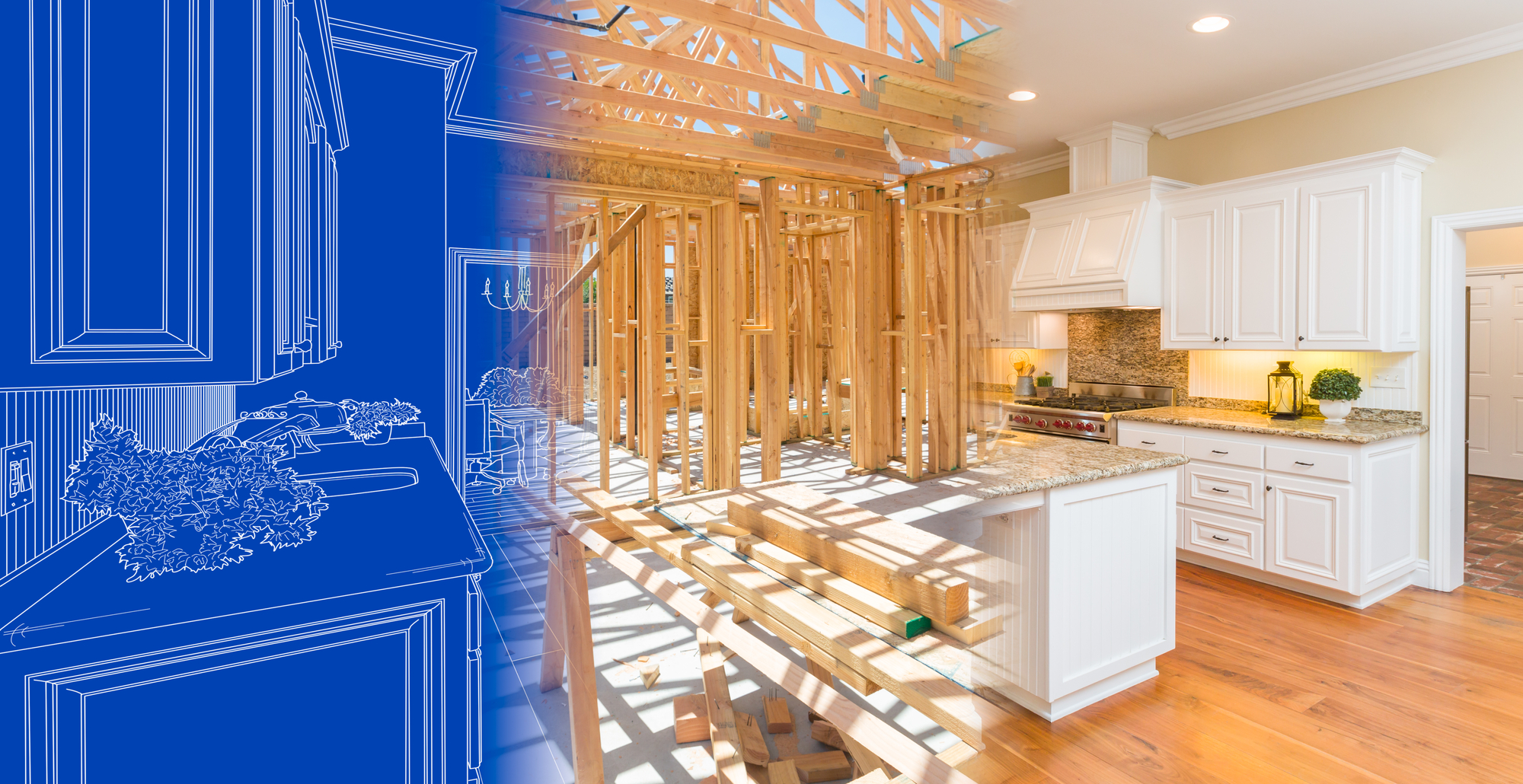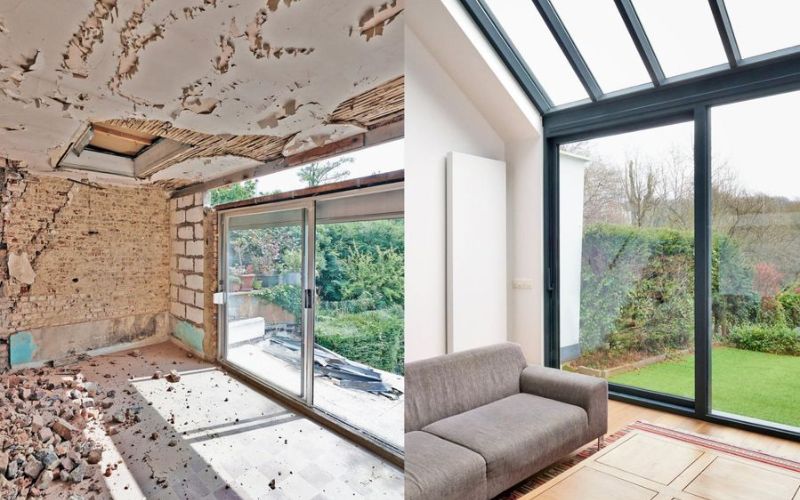Lots of people are interested in real estate, though everyone has their own reasons for investing. For many, they simply want to own the home they live in while others want to operate a rental and some hold property just for the equity in a long-term investment strategy. But one thing that all investors have in common is that they plan on making money.
Another way that many people have been making money in real estate is by house flipping. Rather than finding the best possible house and holding onto it, flippers find houses for a deal, undergo improvements to improve the resale value and sell quickly for more than they bought it for. Compared to other real estate purchases, flipping is fast (yet sometimes complicated) and can be quite a large project to tackle. Because of that and the potential for serious profits, flipping has attracted a certain type of person who is suited to the task and many have found success in it.
But with so many now drawn to the practice, just how popular is it, is it profitable, and is it right for you?
How common is house flipping?
It’s hard to determine exactly how common house flipping is as there seems to be no official data on the practice. After all, when you flip a house you are not required to report it as a flip to anyone, therefore, it simply appears as a normal transaction, albeit with a fast turnaround. In fact, you could determine if a house was flipped by looking at the average time from a home’s purchase to it being sold, but this is not a totally reliable metric.
Flipping has gained popularity in the current real estate market
The thing we can say about flipping is that it has likely grown in popularity in recent times simply due to market conditions, especially in the last few years as the market saw significant price gains every month and the demand for homes was sky-high. People looking to flip houses were able to make more profits more reliably, attracting even more people into the field. This is especially true in areas with high appreciation like

As the housing market begins to cool off, which some market trend analysts have predicted will happen within the next couple of years, this popularity could be diminished. And, as provincial and federal government regulations are put in place to combat housing affordability, flipping may be targeted as one of the factors that drive prices up in the market.
Is flipping houses profitable?
House flipping can be profitable, but you need to know what you’re actually doing. Most people doing flips are professionals who have specialized in the practice. For an unskilled amateur, you will need to make sure you avoid costly mistakes. In general, house flippers aim for a selling price that earns them 10% or more after all repairs and selling costs are deducted, and with the price of homes, the gross profit can be quite a lot.
How to succeed flipping houses
Budget and financing
In order to have a successful flip, you need to start with a solid plan. You should know how much you plan to spend on the purchase price, the down payment and the cost of repairs as well as what your carrying and closing costs will be. You should also make sure that you can get a favourable mortgage rate as this will largely affect your flip.
Location
Think carefully about the best location and the best property for you. In general, hot areas will have the best profitability for flippers but will come with a lot of competition. This is where you’ll need to rely on help from a professional.
Working on repairs
Try to consider who the target buyers are when renovating and make changes you think they’d be most attracted to. If you are doing work on your own, be aware of your capabilities and hire a professional if needed for work beyond your scope as mistakes in these areas can be very costly. Many flippers hire contractors rather than doing it themselves, but be sure to hire a trustworthy contractor if you go this route.
Timing
You also need to make sure you are doing your work on a consistent timeline that allows you to get the home back on the market while getting all your work done. If you rush everything, there is a bigger chance of making errors that can be costly or affect the sale price. On the other hand, the longer you spend working on the house, the longer you have to keep paying carrying costs like your mortgage payments, property taxes, utilities and more.
Finally, when it comes to selling, timing your sale can actually make a big difference. Some try to sell as soon as possible, but it may be worth waiting for a particularly hot season to make a bit of extra profit. Real estate agents in the area can help you strategize the best time to buy or sell.
How does flipping compare to a traditional investment?
First of all, flipping is a much shorter-term practice than most real estate investments. If done right, a flip can be completed and sold in under one year in some cases, whereas many real estate investors plan to hold their properties for many years, even their whole lives.

Flipping is also much more involved than simply owning a home. You could buy a home and do nothing with it and still collect on equity years down the line, but flippers want money sooner, so they will have to get their hands dirty.
Getting money sooner is also key: Though you can build a lot of equity in a house, you won’t be able to access that money until you sell or if you choose to take out a line of credit for example. A flipper is able to see returns on their flip immediately which is crucial as that sale money will often make up the purchase costs for their next flip.
Is flipping right for me?
As mentioned before, flipping is a popular choice . To be successful in house flipping, you need to be detail-oriented, able to work with tight timelines, and ideally, you should know your way around a toolbox. Flipping is a good option for someone who wants to grow their money fast. However, you should know that any investment that promises big gains in a short time also tends to have a lot of risks involved.
If you would prefer not to manage all the work of home repairs, or do not need to use your invested money any time soon, a traditional real estate purchase will likely be a lot easier and just as profitable in the long term.
Corben joined CREW as a relative newcomer to the field of real estate and has since immersed himself and learned from the experts about everything there is to know on the topic. As a writer with CREW, Corben produces informative guides that answer the questions you need to know and reports on real estate and investment news developments across Canada. Corben lives in Guelph, Ontario with his partner and their two cats. Outside of work, he loves to cook, play music, and work on all kinds of creative projects. You can contact Corben at corben@crewmedia.ca or find him on Linkedin at https://www.linkedin.com/in/corbengrant/.









